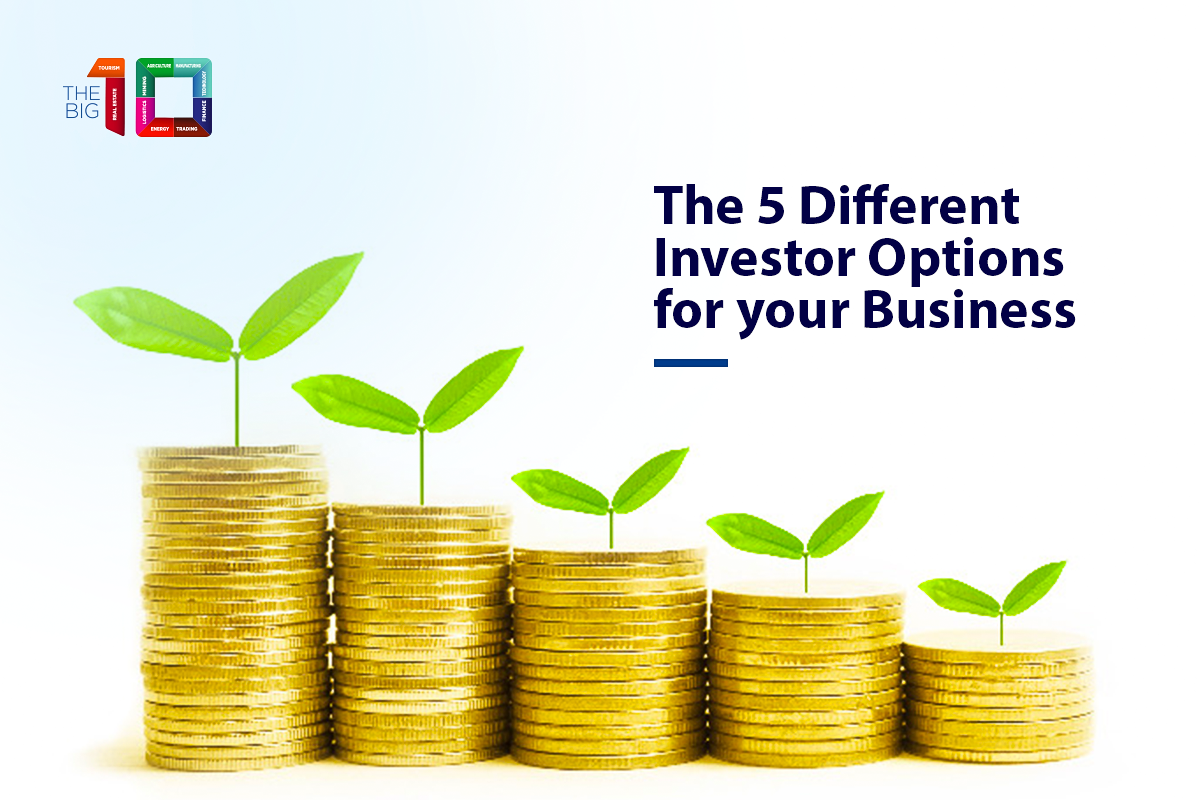At a point in your business, you will find out that you need funds beyond what you or your friends can afford. You will realize that your business needs the help of investors to grow and expand. You will need to learn about the different investors for your business.
Investors are very crucial for early, seed, and growth-staged businesses. But, be sure you need an investor before preparing your pitch. Investors are the ultimate link to scaling your startup when you can find one to support your specific financial and operational needs. The right investor depends on your short-term and long-term goals, growth stage, size, industry, and the amount you are looking to raise.
In this article, we will explore the five different investor options you can leverage to raise funds for your business.

Personal Investors
This is you, your friends, and your family members. Personal investors are ready to invest at the early stage of your business without expecting dividends. Although it is easy to convince family and friends to invest, it is also important to have thorough documentation of every dime received. There are cases where these people turn back and lay claims of stakes after an irreconcilable dispute. I’d rather advise that you should not mix business with family or friendship. If you have to ask them for funds, make sure you sign a promissory note that states the terms of repayment.
Financial Institutions
several well-established and renowned firms started on loaned money. Banks, microfinance, fintechs, and the government require that you submit a business plan, financial statements, proposal, proof of ownership, and registration documents. You also have to submit in clear terms, your financial and management projections, a SMART goal, and the name of your guarantor. This guarantees that you are financially responsible and will pay back with interest when due.
Angel Investors
These are high net-worth individuals of more than $1 million. Their net income exceeds $200,000, and they seek to invest in seed-stage startups without the risk associated with venture capital. Angel Investors will either buy shares or loan you money for returns on investment. The discouraging factor is that they will have a say in how you run your business and sit on your board.
Venture Capitalists
Venture capitalists fund businesses that have past the seed-stage. VCs invest millions of dollars for interests accrued from the profits of the business. In return, they secure equity capital, a chunk of your company, and return on the investment.
Peer-to-Peer Lenders
These groups of investors fund small businesses that apply for loans. Having received the application, they judge the viability and determine businesses they wish to support. Make sure you have a well-researched plan and a positive credit score before approaching a P2P lender for a loan.
Funding your business is important but finding the right investor should be more important. You have to understand your options, decide what you want the investor to do for you, and practice a convincing sales pitch to have the game. Regardless of which investor you choose, study the market before you collect money from anyone.
Written by Joy Ejere Uche


